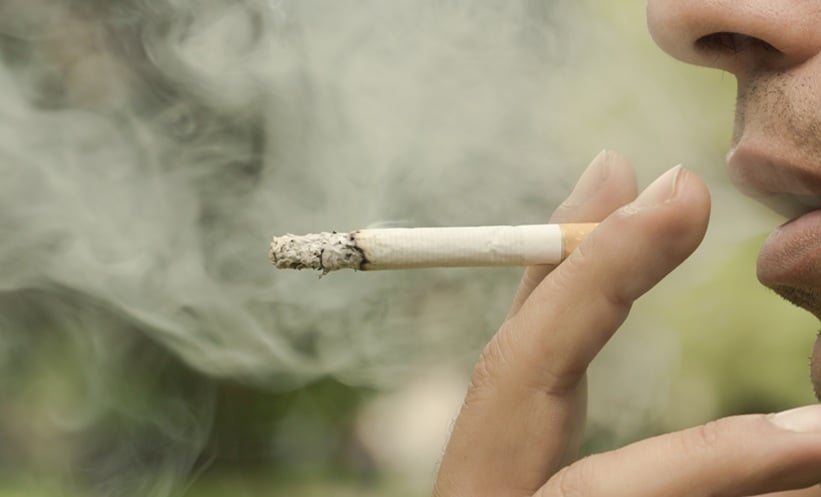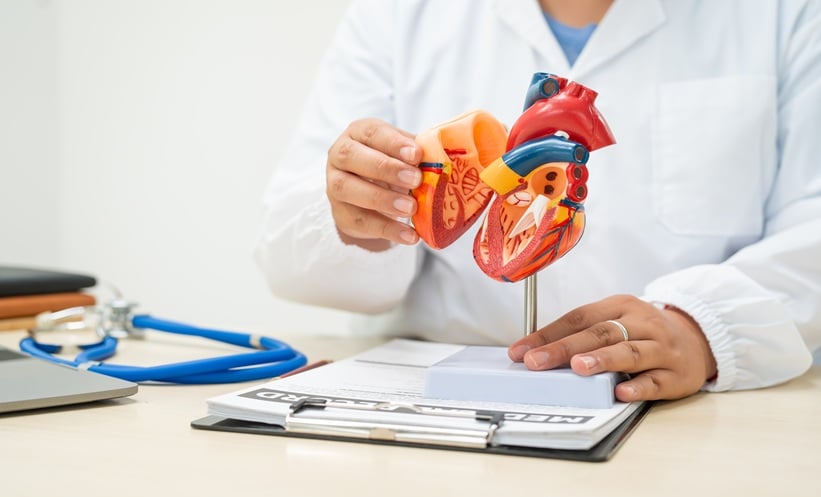PROSTATE CANCER is the second most common cancer among men, with over 1.4 million cases diagnosed worldwide each year. While survival rates for localised prostate cancer are over 99%, many men suffer from long-term complications following radical prostatectomy (RP), particularly sexual dysfunction and urinary incontinence, both of which significantly reduce quality of life.
A recent cohort study has found that smoking is associated with worse sexual function outcomes following RP. Using data from a large patient registry, researchers tracked men for at least 24 months post-surgery and assessed outcomes using the validated EPIC-26 instrument. Men who had ever smoked scored, on average, 11 points lower in sexual function than those who had never smoked, a difference considered clinically meaningful. Interestingly, no link was found between smoking and urinary incontinence.
The findings suggest that current or former smokers experience significantly less recovery in sexual function after surgery than non-smokers, particularly those who had high baseline function. Age and the year of surgery were found to be important confounding factors. Older men generally had lower recovery, while men operated on more recently saw slightly better outcomes, likely due to improvements in surgical technique.
The study also noted that nerve-sparing surgery had a strong positive impact on sexual function, though data on this were limited. While the researchers could not definitively conclude that smoking cessation improves post-operative outcomes, early evidence points in that direction.
Despite these findings, smoking cessation remains largely overlooked in prostate cancer care. Only 7% of active smokers reportedly receive cessation support in urology clinics. The study’s authors recommend integrating cessation counselling into standard post-operative care, arguing that even brief interventions could have substantial benefits for patients’ recovery and long-term wellbeing.
This research adds weight to existing evidence linking smoking to poorer sexual health and suggests a clear opportunity for intervention in prostate cancer recovery pathways.
Reference
Visscher J et al. The association of smoking with urinary and sexual function recovery following radical prostatectomy. BJU Int. 2025;DOI:10.1111/bju.16817.








